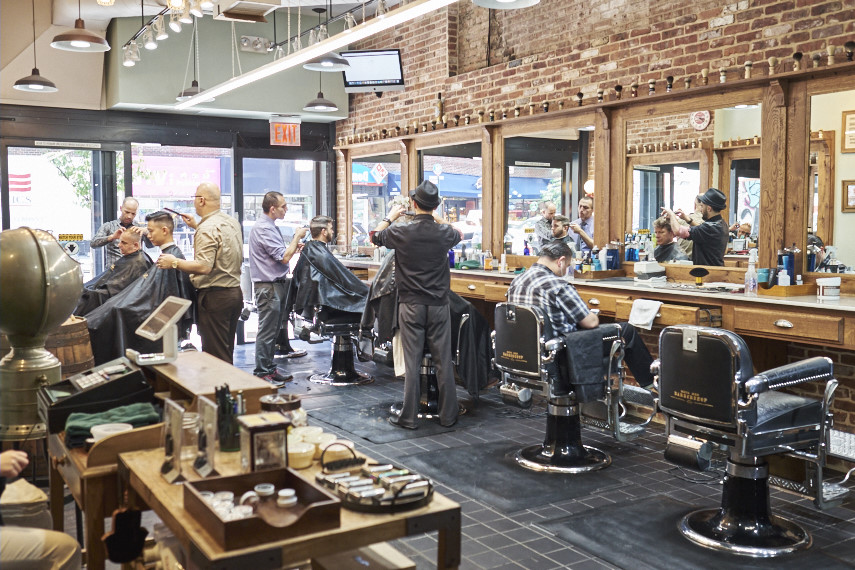Grasping such Influence on Environmental Rules in daily Functions in Barber Salons.
Wiki Article
Environmental rules have a crucial part in influencing how companies function, including hairdressing salons. These rules are created to protect the ecosystem and community well-being by controlling refuse management, atmospheric conditions, and water usage. Hairdressing salons, while primarily dedicated to hairstyling and personal services, must also comply to these rules to guarantee they do not impact the environment. Recognizing these regulations helps barber shop owners maintain adherence and promote a eco-friendly operating framework.
One notable component of environmental policies impacting grooming establishments is refuse control. Salons generate various types of waste, including hair clippings, styling agents, and supply containers. Regulations often require these operations to implement specific removal practices to minimize pollution and landfill waste. For instance, trimmings can be recycled or repurposed for environmental projects, while chemical waste must be eliminated according to local guidelines. By managing disposables responsibly, haircare providers contribute constructively to their neighborhoods and the environment.
Indoor air standards is another critical aspect impacted by ecological policies. Many barber shops use products that release volatile organic compounds, which can degrade indoor air quality. Regulations may limit the use of certain chemicals in coloring agents and styling products, encouraging stylists to choose more environmentally conscious options. Switching to sustainable products not only improves atmospheric safety but also attracts clients who prioritize eco-consciousness. Haircare businesses can elevate their reputation by committing to environmentally friendly standards that serve both clients and the environment.
Water check out the post right here usage is also regulated by eco policies that can impact daily operations in barber shops. Many areas have restrictions on resource consumption due to dry spells or other ecological challenges. Barber shops need to apply conservation strategies, such as efficient tap systems and sustainable cleaning processes for linens and equipment. These measures not only assist in meeting standards but also reduce operational expenses for shop managers. By being aware helpful hints of resource usage, haircare providers can contribute in preserving this essential element.
To summarize, grasping eco-friendly policies is essential for grooming business operators who want to manage a thriving and sustainable operation. By prioritizing refuse control, indoor air safety, and resource consumption, haircare facilities can generate a beneficial influence on their communities while ensuring compliance with the regulations. Adopting eco-conscious habits not only supports the planet but also builds client trust as patrons increasingly seek out eco-conscious businesses. Ultimately, integrating these regulations into routine practices results in a healthier environment and a prosperous barber shop.
